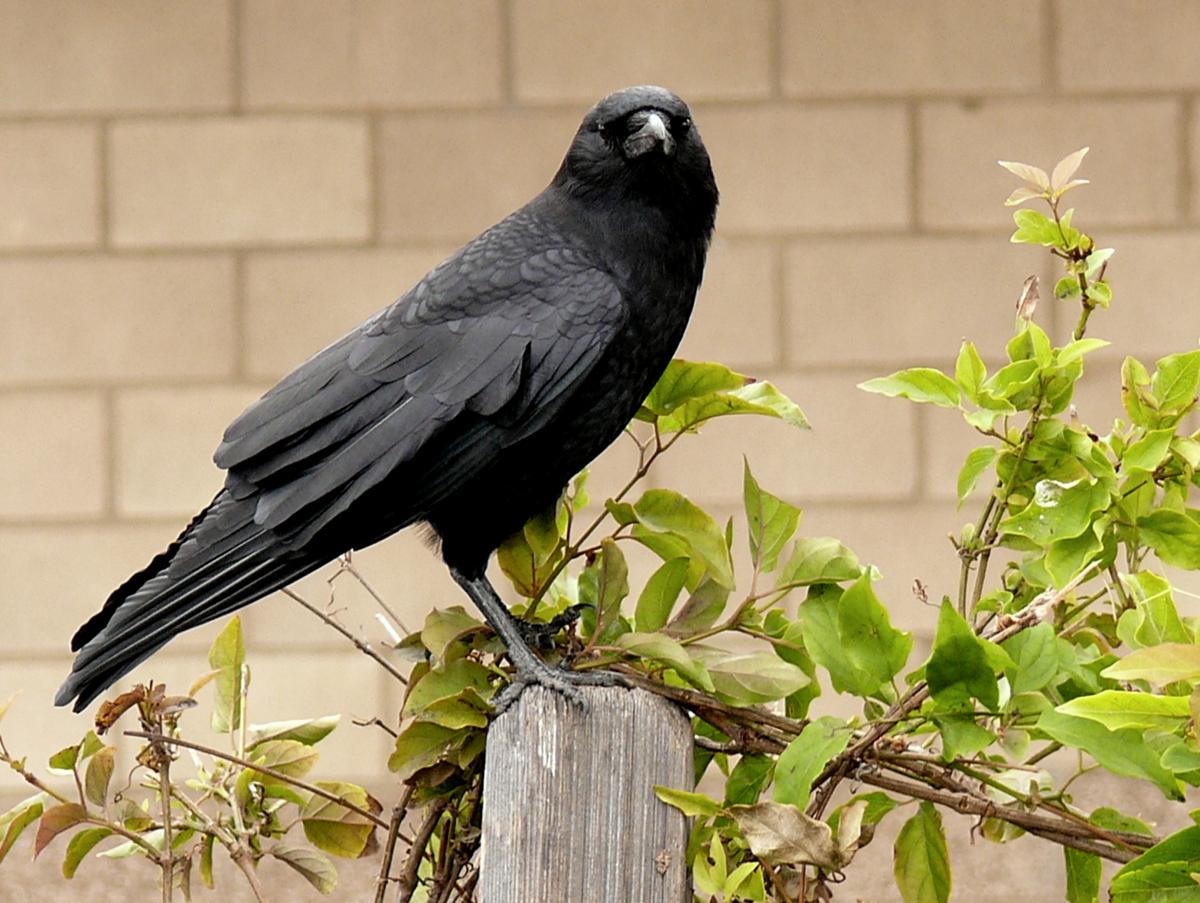Y: Don, we are having a surprise birthday party for Sally this afternoon, please don’t tell her.
D: Okay, Yaël, I won’t tell.…. Ouch!!! Yaël, why did you just step hard on my toes!
Y: Because I wanted to show that we voluntarily choose some of our actions, as when you
chose not to tell Sally about the party. But, other actions are automatic, like when you yelled ouch because of the intense pain when I stepped on your toes.
D: What’s your point, Yaël?
Y: Scientists want to know whether animal behaviors are automatically triggered by environmental situations, or whether animals sometimes make decisions about their behaviors just like humans do. Take bird song, for example. It’s complicated, and seems flexible. Birds use song to attract mates, and to warn others out of their territories. Researchers would like to know whether birds voluntarily choose to sing, or whether it’s a spontaneous, even involuntary outburst, like yelling ouch.
D: How could they find that out?
Y: A team of German researchers did an experiment with crows. They started with a cue that had no inherent meaning for the animals-- a colored square. They showed that they could teach the animals to vocalize within three seconds of seeing this cue in exchange for a reward of food. Then they showed that the birds could also learn to refrain from calling when another cue was presented along with the first one.
D: I see. This experiment shows that crows can chose when to call and whether to call at all. It isn’t an automatic response. Like us, crows and other songbirds have a kind of free will.










